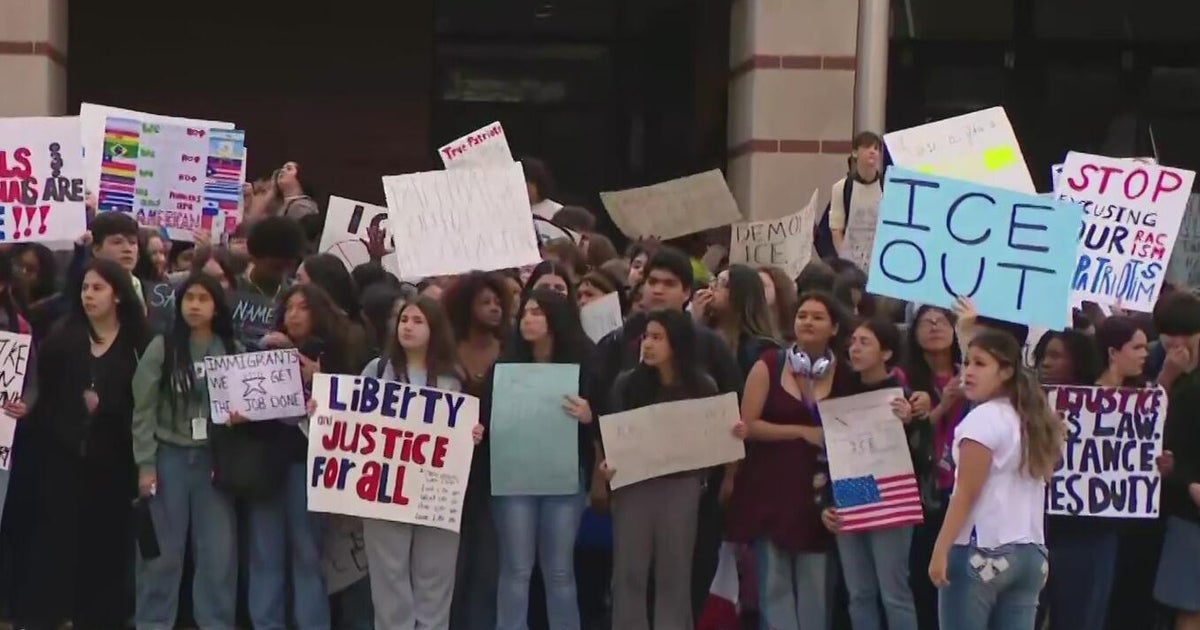Appeals Court Sides With N.D., Rules Against MN Power Law
MINNEAPOLIS (AP) — A federal appeals court sided with North Dakota interests on Wednesday in affirming a lower court ruling that bars Minnesota from enforcing key sections of its 2007 law restricting new power generation from coal.
A three-judge panel of the 8th U.S. Circuit Court of Appeals ruled that Minnesota's Next Generation Energy Act illegally regulates out-of-state utilities.
Minnesota's law was meant to reduce statewide carbon dioxide emissions from the power sector by prohibiting utilities from meeting Minnesota demand with coal power generated by big new facilities outside the state.
The state of North Dakota, three electrical cooperatives based in the Dakotas that also serve customers in Minnesota, and other entities challenged the law, saying it violated the commerce clause of the U.S. Constitution, which gives Congress power to regulate interstate commerce.
The appeals panel agreed that practical effect of the state's prohibitions would have prevented out-of-state utilities from adding coal-power capacity to the regional power grid without approval from Minnesota regulators.
Minnesota can't do that without approval from Congress, Appeals Judge James Loken wrote. Not only do the prohibitions apply to non-Minnesota utilities, the ruling said, but they also regulate activities that take place entirely outside Minnesota. When a non-Minnesota utility feeds electricity into the regional grid to meet its commitments to non-Minnesota customers, it said, the utility can't ensure that some of that power won't flow to Minnesota consumers.
Minnesota had argued that the law, as applied, doesn't interfere with operation of the regional grid, and that the state has the authority to regulate coal power covered by contracts between suppliers and customers to import it into Minnesota.
Judges Diana Murphy and Steve Colloton concurred in the judgment but disagreed with Loken's conclusion that the key parts of the law were unconstitutional. They said the lower court's ruling should nonetheless be affirmed because the provisions violate federal statutes.
(© Copyright 2016 The Associated Press. All Rights Reserved. This material may not be published, broadcast, rewritten or redistributed.)







